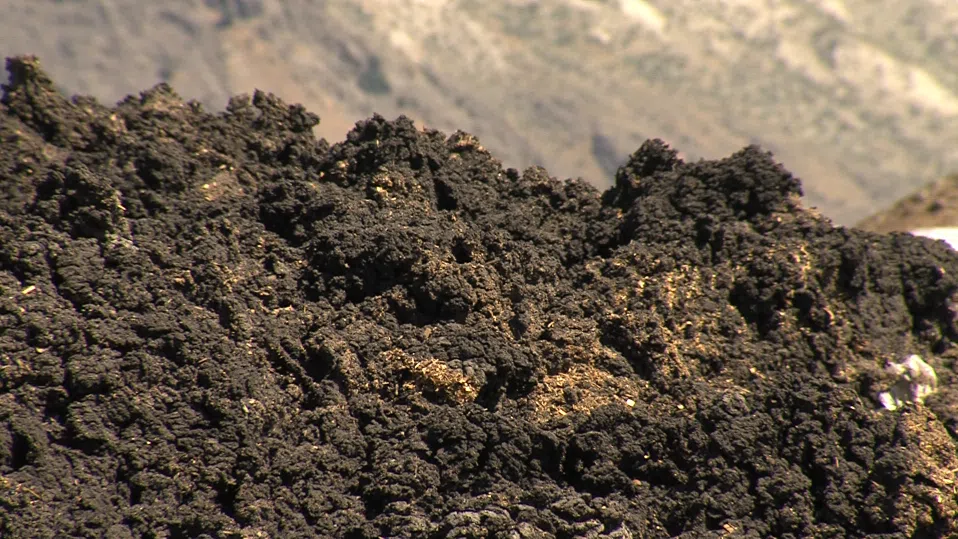
Opposing views surround delivery of Kamloops biosolids to Turtle Valley
CHASE, B.C — Some residents of Turtle Valley have mounted their opposition to a biosolid agreement between the City of Kamloops and Arrow Transportation.
The plan would have several thousand tonnes of biosolids transported to a section of land on the Turtle Valley Bison Ranch, which was previously cleared for logging.
Community members against the idea worry the sewage product will bring unhealthy consequences, while those for the implementation say the biosolids will benefit the soil.


